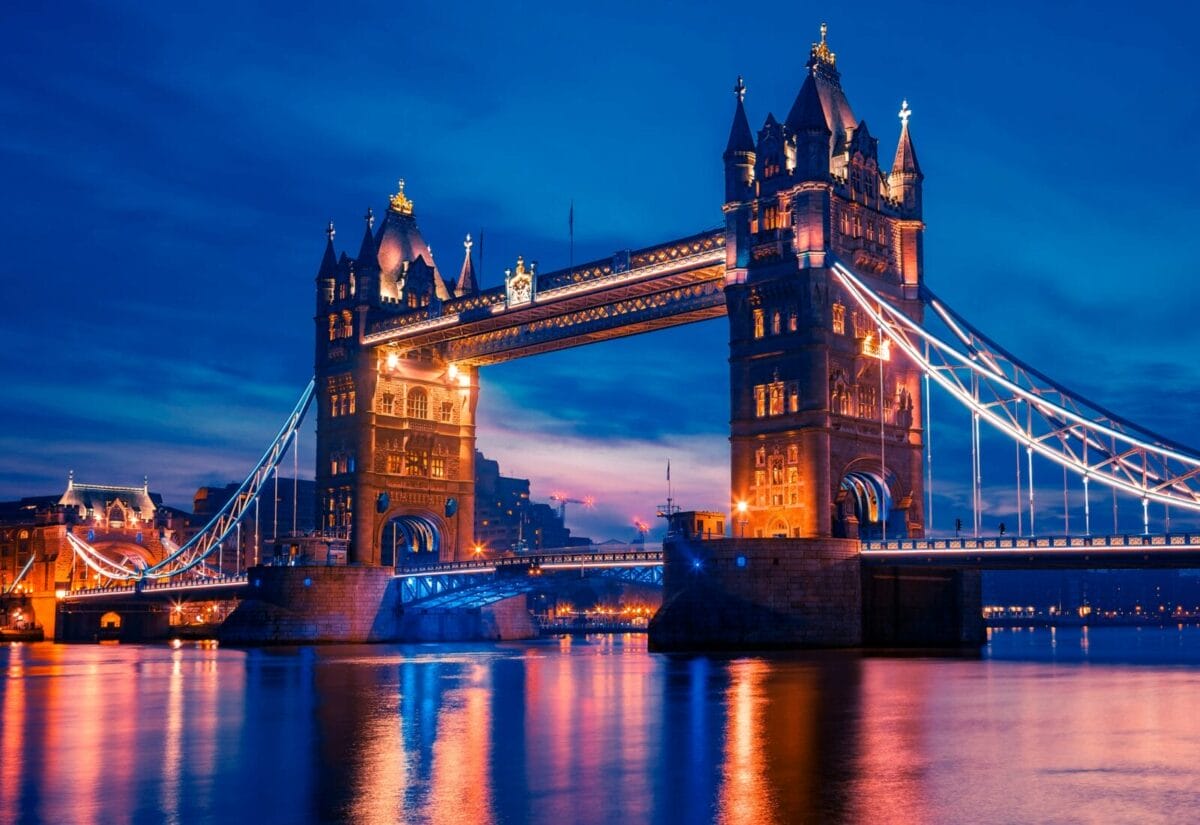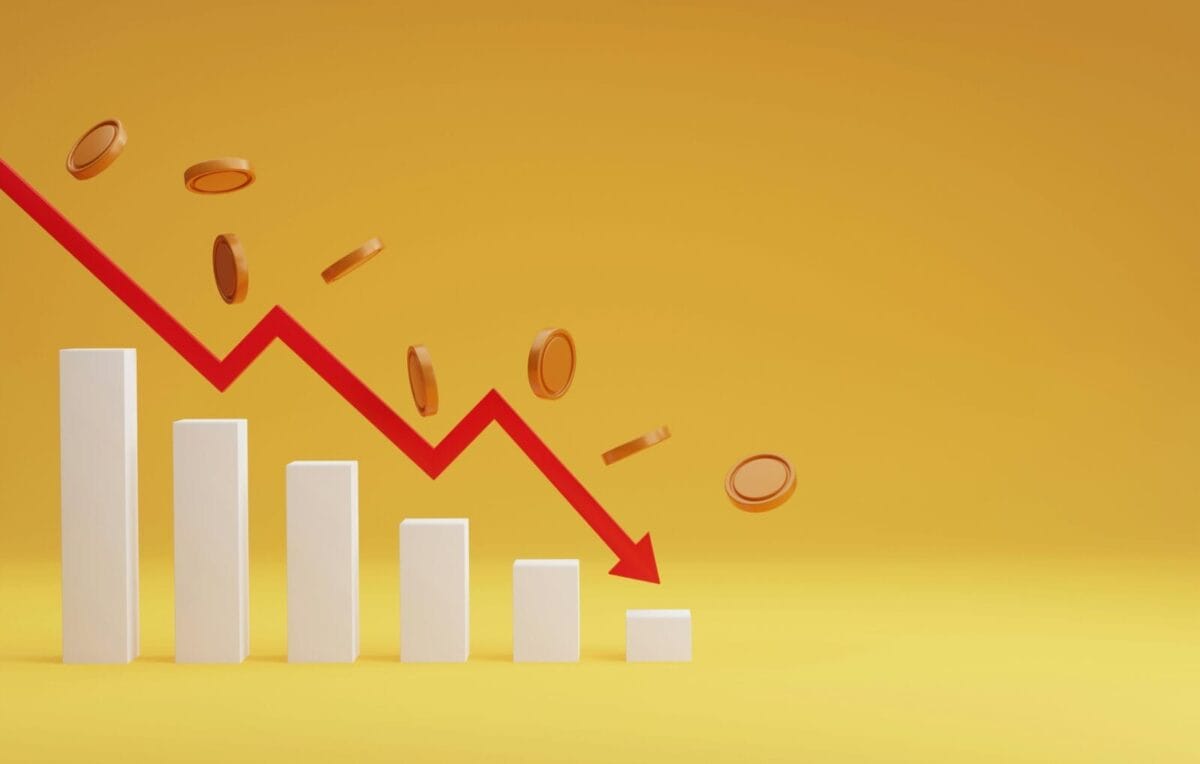David Macdonald, expert financial planner at Path Financial, examines the fiscal crossroads facing Rachel Reeves. With mounting debt, rising pensions costs, and an ageing population, he argues that the UK cannot rely on short-term fixes—bold action and honest debate are needed to tackle long-term economic challenges.
Rachel Reeves is running out of road.
This time last year she defended £40 billion in tax increases, saying they were meant to “fix the foundations and wipe the slate clean,” and described it as “a one-off budget”, adding that “we’re not going to have to come back and ever do a budget like this again”. Until now, apparently.
In only her second budget she is facing an almost impossible set of choices. Without bold action she faces fiscal or political disaster. Or both. Reeves did not have the vision for one year ahead. But in our industry we’ve known that this has been coming. The demographics have been there for all to see for decades. You only need to understand why the private sector abandoned DB pension scheme for evidence of that. But you can only see when you don’t have your head buried in the sand. And the last several governments have. But it looks like the rubber hits the road with Reeves. Labour was voted in with a massive majority. It’s the type of majority which should allow it to honestly address the issues we face.
Unfortunately, a spineless and risk-averse leadership were goaded into making rash manifesto promises and more recently bullied by their own backbenchers to back-pedal on spending reforms. All of which leaves the chancellor in a lose-lose position. And it’s one where tinkering with the existing controls really can’t solve the issues at hand which are mostly chronic and systemic. It’s a bit like climate change – which we know something about in this firm. No one wants to think about the harsh reality. We are having a collective groupthink of ‘let’s-pretend-it’s-all-OK-and-hope-the-nasty-thing-is-going-to-go-away-and-everything-will-be-fine-in-the-end’. Reality-check: that won’t work on climate and it’s the same with the budget deficit. It’s all going to get worse unless we unite behind a new plan.
This article explores some of the issues and the debate that needs to be had.
I am proud to have entered the workforce when I did which was the late 1980’s. I started in an environment that encouraged entrepreneurialism. Hard work and ambition were encouraged and rewarded by the tax system. Cast your mind back not that long ago…
There was a generous capital gains allowance as a reward for investing. As an entrepreneur there was a significant discount on the rate up to a high limit. And employment taxes were low. Dividends were tax-free up to 4x where they are now.
Pensions could grow to unlimited levels with 25% tax-free cash and there was never going to be capital gains tax on a main residence. We’ve seen stealth taxes salami-slice or remove some of these and now we’re hearing that tax-free cash and PPR exemption are under consideration for attack as well as a wealth tax on houses only a little over the national average house price. There was once a reward for prudence in a stable tax environment. Now that prudence is seen as a soft target for years of imprudent government. Surely any politician must see that attacking the middle classes in the ways being proposed is a betrayal of trust that won’t be accepted or forgotten.
The scale of the fiscal challenge
The UK government currently spends about £1.2 trillion annually, with a £130bn deficit financed through borrowing. Debt servicing alone costs £111bn, meaning that for every £5 spent on debt service, £4 is borrowed. Rising bond yields—now higher than during Liz Truss’s short premiership—exacerbate the problem.
Underlying demographics make the situation worse. An ageing population demands ever more from the NHS and pensions. In 1991, only 3.5% of workers paid higher-rate income tax; today it is 18%, due largely to fiscal drag. The state pension, once 15% of median earnings, now consumes 30%, with the politically sacrosanct “triple lock” ensuring it keeps rising. When the pension was first introduced, there were 4–5 workers for every pensioner; today that ratio is 2.5 and is projected to fall further.
Life expectancy has risen from 69 in the mid-20th century to 82 today, meaning pensions are paid for longer despite rises in the retirement age. Pension costs, 2% of GDP in the mid-20th century, are now 5% and set to rise to 7% by 2070. Official government debt stands at around £2.8 trillion, but this excludes unfunded state and civil service pension liabilities. Including these, the “real” debt burden is more than double this, around an estimated 200% of GDP.
This fiscal trajectory risks a “doom loop” of borrowing, debt, rising interest costs and rising spending.
Inequality and housing
At the same time, wealth inequality continues to grow. Taxes on “lazy capital”—property and shares held passively—are often treated similarly to taxes on entrepreneurial risk capital, discouraging genuine investment and innovation.
Meanwhile, young people face an increasingly unattainable housing market. For most of the 20th century, the average house cost around four times average annual income. Today it is eight times nationally, and twelve times in London. Such levels of unaffordability were last at this level when Dickens wrote about extreme inequality and overcrowding.
While conditions are not yet as dire, the concentration of property wealth in the hands of the richest (who benefit from lower taxation) pushes younger generations out of the market. Of course with this in mind proposed wealth taxes are popular with most people. If you propose a tax on ‘someone who is not you’ it will likely be supported. There are dangers with wealth taxes need to be carefully thought through. Maybe there could be a trade-off for this with an abolition of inheritance tax and entrepreneurial exemptions.
Without decisive action, the UK risks falling into a vicious cycle of debt, inequality, and political instability. History shows that extreme inequality can corrode social cohesion and feed dangerous forms of populism. Reeves, and the Labour government more broadly, must seize the opportunity to act before the situation deteriorates further. Surely that is a combination of lower spending and reformed taxation.
In short, Britain’s fiscal predicament is not simply a matter of closing a £40bn gap. It is a question of rethinking how the state raises and spends money in an ageing, unequal society while aligning economic policy with broader goals. The choices ahead will not be easy, but avoiding the fiscal situation with short term fixes is no longer viable. The financial industry needs to lead a debate where we ‘think the unthinkable’ and make the politicians present honest and grown-up picture of the problems that they’re only just starting to acknowledge.
By David Macdonald, Expert Financial Planner at Path Financial.











![[uns] house of commons, parliament](https://ifamagazine.com/wp-content/uploads/wordpress-popular-posts/788182-featured-300x200.webp)



